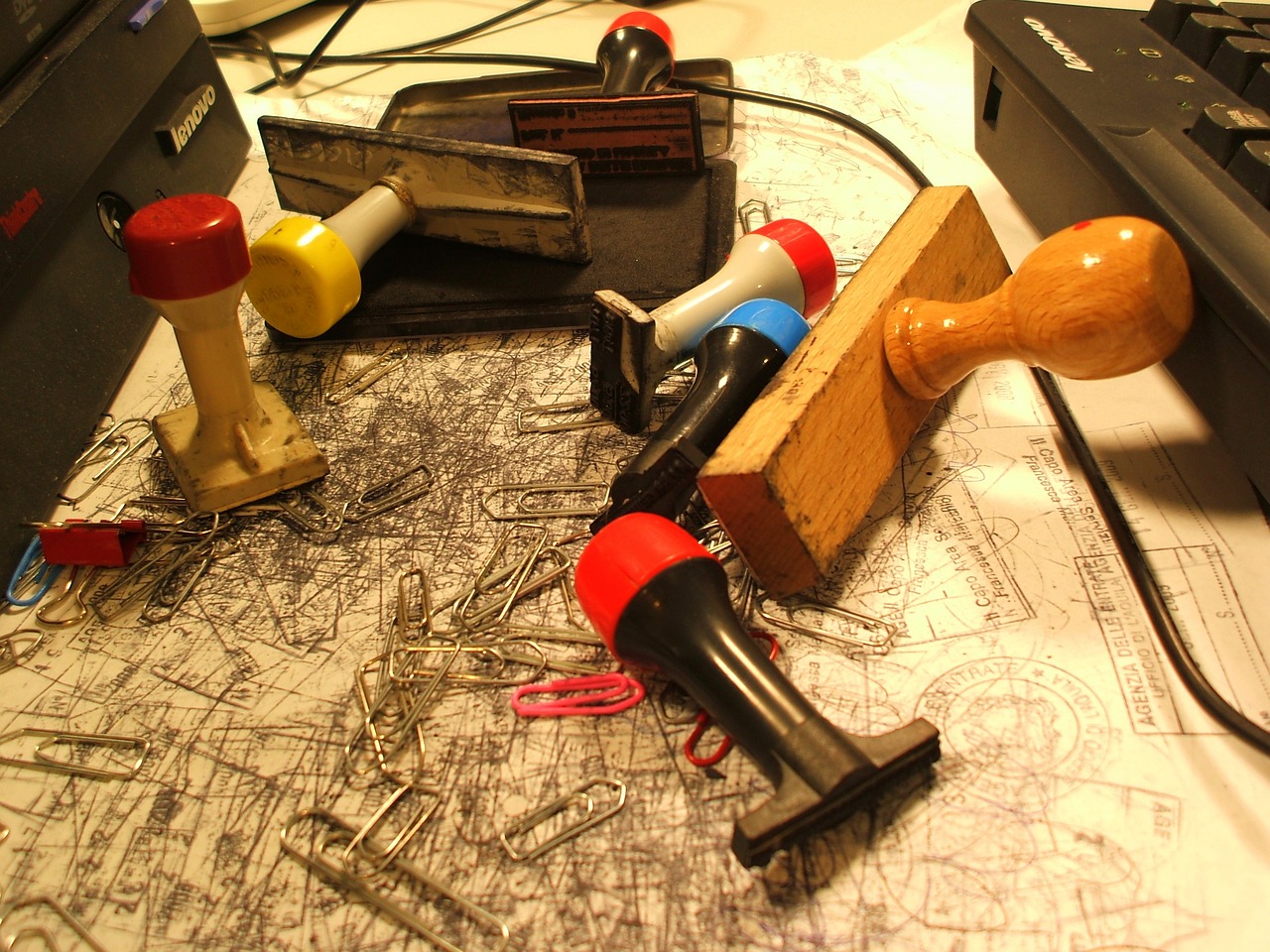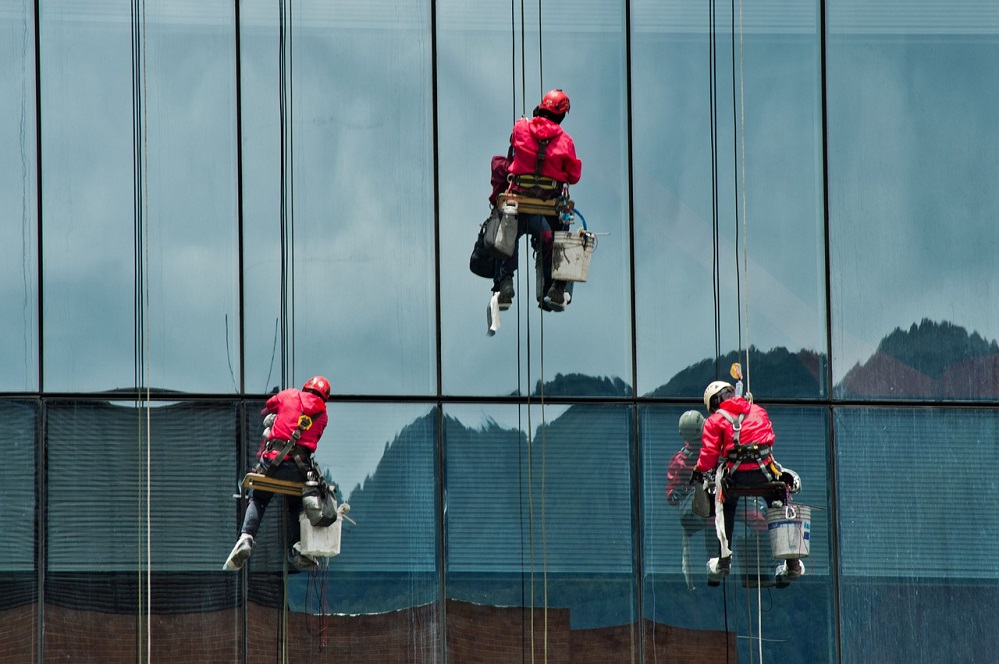The trade union Unison has been running a program, jointly funded by the government’s Business Innovation and Skills Department, as a 2-year pilot since January 2010.
It is aimed especially at helping people doing public sector work that has been outsourced to private companies, to improve their pay and to know their rights at work. In time for “World day for decent work” on October 7th, we talk to Unison to find out what is being achieved.
The project is called the Hidden Workers Program and talking to its organisers, Diana Veitch and Susan Cueva and to some of the cleaners working at two London universities, it is clear that raising their pay from the current minimum wage of £5.93 to the London living wage of £8.30 an hour is more than just an improvement in spending power.
It makes a crucial difference that allows them to cross a margin from survival to having some choice of how to use their time, and to think about their long-term prospects.
Not just wages
Unison considers this pilot scheme to be important because of the accelerating privatization of low-paid work in the public sector into the hands of private contractors.
Over 25% of workers in the public sector are now outsourced to work for privatized companies, with less protection of their wages and conditions.
 Overall only 10% of them are members of a trade union, less among migrant workers. Add to this that many low–paid workers in cleaning, catering, security, maintenance and care work are immigrants from outside Europe or from recent members of the European Union (the A8 countries) who have difficulties with English and do not know anything about their rights , and the opportunities for exploitation are clear.
Overall only 10% of them are members of a trade union, less among migrant workers. Add to this that many low–paid workers in cleaning, catering, security, maintenance and care work are immigrants from outside Europe or from recent members of the European Union (the A8 countries) who have difficulties with English and do not know anything about their rights , and the opportunities for exploitation are clear.
Besides pay there are other important issues which together conspire to keep them imprisoned in a survival level of quality of life.
Many cleaners work a 2 hour shift from 6 to 8AM and then need to travel unpaid to another place of work, or even to wait for another contract later at a different part of the same site.
In this way they may spend up to 14 hours a day involved with work but only paid for perhaps 8 hours, at the minimum wage.
A major problem reported by the cleaners concerns the supervisors working for the contract companies, who often give preference to people from the same country when hours are allocated. Supervisors also have to report the number of hours worked and if they do not write down extra hours requested then overtime goes unpaid.
 Diana points out that holiday allowances are a big issue for workers who come from another continent as they need at least 3 weeks in one block to have time with their families and friends, and often they are not allowed this. And contract companies do not offer sick pay.
Diana points out that holiday allowances are a big issue for workers who come from another continent as they need at least 3 weeks in one block to have time with their families and friends, and often they are not allowed this. And contract companies do not offer sick pay.
Verbal abuse by supervisors has also been a problem, which is difficult to deal with because it requires witness statements.
Another major problem is being given more work to do in the same time. As Samantha,* a cleaner at one university says “We only have contracts for 2 hours a day even if we work 8 hours, and although we now have the living wage they have increased our workload a lot. Instead of one cleaner for each floor we have to work on all the floors, and when we have to do deep cleaning at the end of term it is harder work but we don’t get extra pay. The biggest problem is that supervisors tend to give the most hours to others from their country. In the winter when we had to work outside we didn’t all get winter clothing as we should have.”
Ramón* a cleaner at another university, where Unison is still campaigning for the living wage finds similar problems and tensions between races, saying by contrast that black people have an easier time because the supervisors are afraid of being accused of racism.
 But as Luis Jose Antonio* points out “the supervisors are in the same situation as we are, they don’t have much education or a good level of English”.
But as Luis Jose Antonio* points out “the supervisors are in the same situation as we are, they don’t have much education or a good level of English”.
So how has the union tackled these conflicts?
Solidarity at work
The cleaners acknowledge that one of the of the most helpful contributions by Unison has been in organizing courses to explain their employment rights, and give advice on how to approach supervisory staff when problems need to be discussed. As Samantha says, “When everyone is together we can progress without being aggressive”.
Susan described how the courses were organized in conjunction with existing local branch members and have led to a big change in work relationships. Where the cleaners used to pass unnoticed among the in-house workers they now greet each other, go to meetings together and support each other.
This solidarity even extends beyond the workplace, so that cleaners who have joined the union sometimes bring friends who work in other companies for advice about which union they should join.
Susan says “the project has broken the division between in-house and outsourced workers. We work with the local branch to make sure they understand the issues of outsourced workers, and once the links are made they really do care about each other”.
To company directors time = money =profit, and for those in the lowest paid jobs money = time = freedom.
As Josefina Antonia has found, an important difference the living wage has made is in the time it allows her to attend English classes. “Here in London, if you don’t speak English your opportunities are limited, we want to improve our future and our children’s futures”. Susan explained that Unison meetings have shown that “although low-paid workers are in a vulnerable situation they are not vulnerable people, but have skills and life-experience to contribute, in public-speaking and organizing for example.”
Only good can come from people realising their potential.
The union is organizing a demonstration this Saturday, 7th October 12.30-1.30 as part of their campaign for the living wage at South Bank University.
More information about the demonstration and the “World day for decent work”: www.unison.org.uk/hiddenworkforce, www.wddw.org and www.wddw.org/-Espanol
*NOTE: *Cleaner’s names were changed for security reasons.
(Photos: Pixabay)














.jpg)












